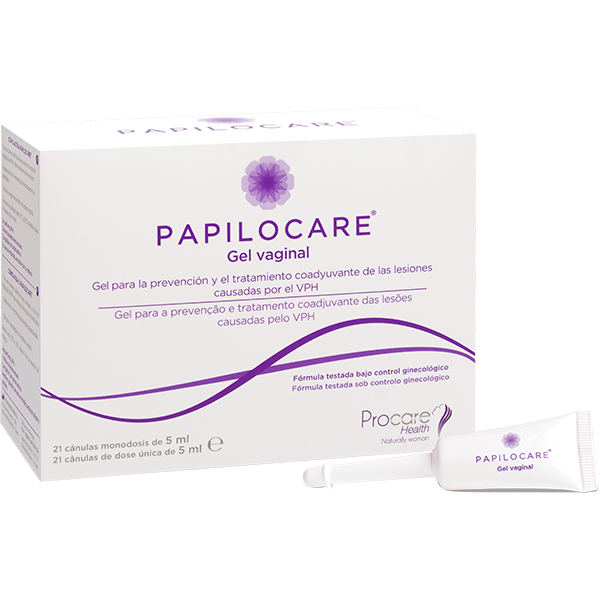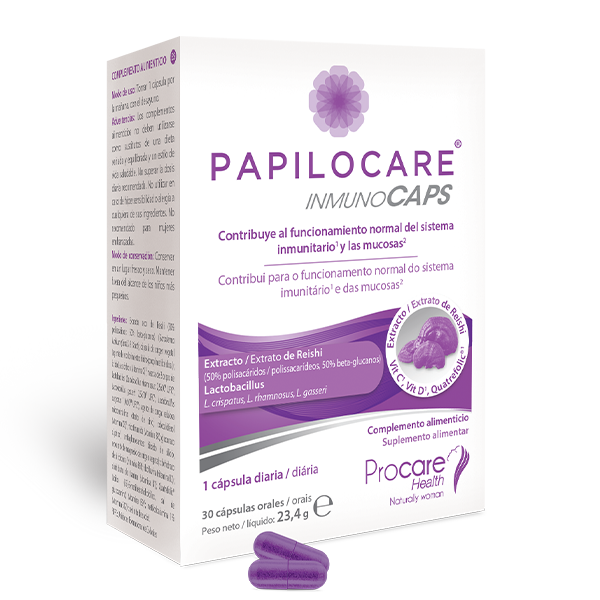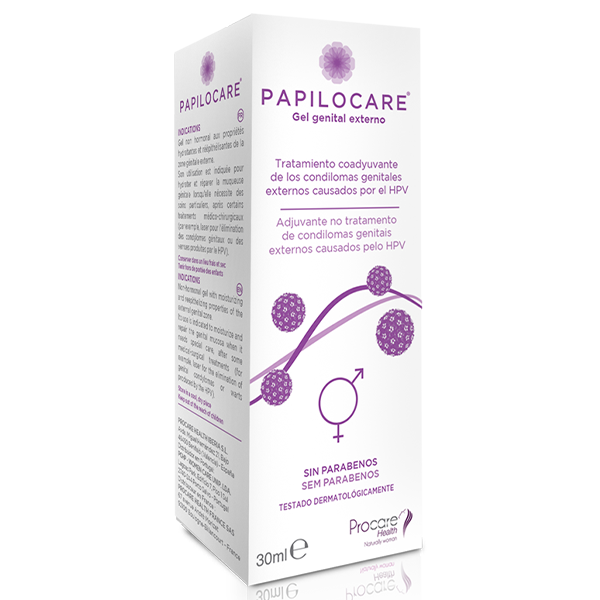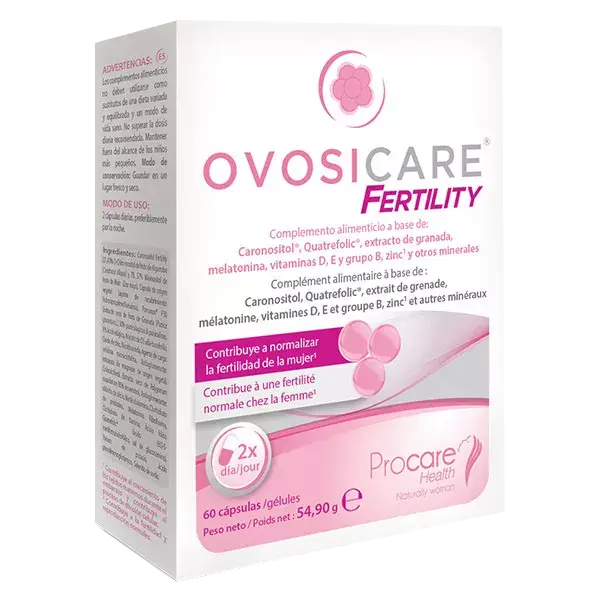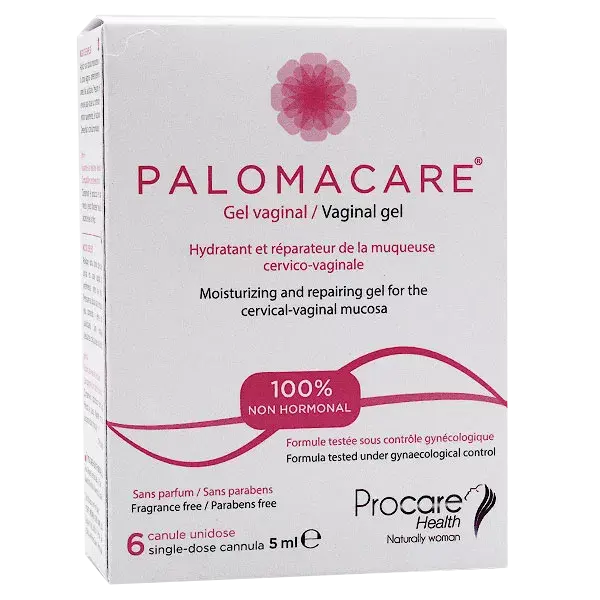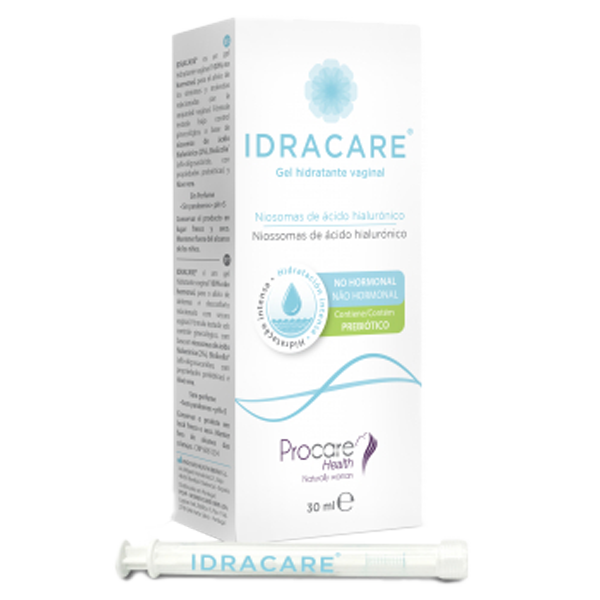Can I get pregnant with insulin resistance?

Insulin resistance is one of the reasons women struggle to get pregnant. In this article we explore what causes insulin resistance, its effect on fertility and how supplements of naturally-occurring sugars called inositols can support a healthy pregnancy in women with insulin resistance.
What is insulin resistance?
Insulin resistance is when the body becomes less responsive to insulin. Insulin is a vital hormone with an important role in the body: to turn food into energy. When we eat, our insulin levels rise, which signals to your body to remove sugar in the form of glucose from your blood and transport it to all the cells in your body.
With insulin resistance, not enough glucose moves into your cells and instead it stays in your blood. At the same time the body produces more insulin to compensate, leading to chronically high blood insulin and glucose levels.
What causes insulin resistance and how many women are affected by it?
Insulin resistance may be caused by poor diet, a sedentary lifestyle, polycystic ovary syndrome (PCOS), or it can develop as we age.
This might be a problem for more women than we realise. A 2021 study estimated that up to 40 percent of women in developed countries suffer from insulin resistance. Another study found that as many as 80 percent of women with insulin resistance are undiagnosed.
Can insulin resistance cause fertility problems?
Yes, having too much insulin in the blood can make it more difficult to get pregnant. This is because it:
- Upsets the body’s hormone balance: high insulin levels in the blood can cause the ovaries to produce too much androgen (male hormone). This can prevent the normal development of follicles in the ovaries, leading to problems with ovulation.
- Damages ovaries: high glucose and insulin increase the levels of unstable molecules in the body called reactive oxygen species (ROS). ROS can damage healthy ovarian cells.
- Impairs egg development: high insulin can affect the energy powerhouses of cells, known as mitochondria, which are essential for healthy eggs to develop. This can result in lower-quality developing eggs, or oocytes.
Together, these changes can reduce how often a woman ovulates, lead to poorer egg quality, and reduce the chances of an embryo successfully implanting in the womb.
Is there a treatment for insulin resistance?
Metformin is a medicine that can improve the body’s sensitivity to insulin and can be prescribed for women with insulin resistance.
However, metformin is only likely to be prescribed for the most severe cases and women with mild insulin resistance may not be treated. In addition, the majority of women with insulin resistance are not diagnosed in the first place.
From the early 2000s we have had an alternative nutritional (non-medical) approach which has the further benefit of far fewer side effects than metformin. This is in the form of inositol supplements.
What are inositols and how do they help with pregnancy?
Inositols are sugars your body produces that in certain forms help regulate hormones, including insulin. The most common provided as supplements are myo inositol and D-chiro inositol.
D-chiro inositol is made from myo inositol in the body. But insulin resistance impairs this process.
Taking D-chiro inositol as a supplement helps tackle the unwelcome effects of insulin resistance by helping to normalise glucose and insulin levels and restoring the ovaries to their normal function.
Why does the right balance of inositols matter?
In tissues of the body such as muscles and liver, which are important in absorbing glucose from the blood, the natural balance of myo inositol to D-chiro inositol is around 15-40:1.
Insulin resistance upsets the balance of myo insositol to D-chiro inositol. Throughout the body, the levels of D-chiro inositol decrease. As one of its functions is to capture and store glucose, the lower level of D-chiro inositol also helps drive up blood glucose levels.
What does this mean for inositol supplements?
In the past, inositol supplements were provided at the balance found in tissues like muscles and the liver – 40:1 (myo to D-chiro inositol).
But more recent clinical studies have shown that the proportion of inositols that best increases the chance of pregnancy is 3.6:1. At this ratio, women with insulin resistance can have a higher safe dose of D-chiro inositol, which is lacking from their body, compared to the old 40:1 formula.
These studies have found that this balance, with 300mg of D-chiro inositol daily, is more effective in women with PCOS and insulin resistance:
- In one study, women with insulin resistance caused by PCOS who took myo inositol and D-chiro inositol at a ratio of 3.6:1 for three months achieved significantly higher pregnancy rates than women who were treated with a lower proportion of D-chiro inositol compared to myo inositol.
- In another study, treating women with PCOS with the 3.6:1 ratio of myo inositol to D-chiro inositol led to improved quality in developing eggs (oocytes) compared to a lower dose of D-chiro inositol.
Why does this balance of inositols support the healthy function of the ovaries?
In a healthy ovary, the balance of myo to D-chiro inositol is around 100:1. This balance supports the healthy functioning of ovaries, allowing the normal development of follicles and regular ovulation. So why does taking a supplement at the 3.6:1 ratio support pregnancy?
Scientists believe that what matters is the ratio of myo to D-chiro-inositol throughout the body and in particular, in the blood.
We have already shown how insulin resistance can drive up glucose and insulin levels in the blood. Restoring the right balance in blood that circulates around the body reduces stress on all internal organs and in particular the ovaries, which are affected by the imbalance. The 3.6:1 ratio allows this to happen by providing enough D-chiro-inositol to restore the balance.
Is it safe to take 300mg of D-chiro inositol as a supplement?
Yes, studies show it is safe. Women with insulin resistance in the two clinical studies mentioned above were given 300mg of D-chiro inositol a day, a dose which has an excellent safety record with long-term use.
One study claimed that very high doses of D-chiro inositol (600mg a day or more) could impair the quality of developing eggs. However, the study had flaws and the publication has been formally retracted.
Conclusion
For women with insulin resistance, taking inositol supplements at a 3.6:1 ratio has been shown to:
- improve the quality of developing eggs (oocytes)
- restore regular ovulation and menstrual cycles
- increase pregnancy and live birth rates 3–4 fold compared to older 40:1 formulations.
Is there a fertility supplement with the right levels of inositols?
Yes – introducing Ovosicare® Fertility, the only supplement available in the UK and Europe to use this science-backed balance of myo inositol to D-chiro inositol (3.6:1 ratio with 300 mg of D-chiro inositol daily.)
In addition to inositols in the proven ratio, it provides:
- folic acid in a form that can be readily absorbed
- a tailored mix of antioxidants
- 12 essential vitamins and minerals
Since its launch in 2021, Ovosicare Fertility has been chosen by over 100,000 women in Europe to boost their chances of pregnancy.
Ovosicare® is now available in the UK through the official retailer LivBio: Ovosicare® Fertility supplement.
Learn more at www.LivBio.co.uk/ovosicare
Insulin resistance is one of the reasons women struggle to get pregnant. In this article we explore what causes insulin resistance, its effect on fertility and how supplements of naturally-occurring sugars called inositols can support a healthy pregnancy in women with insulin resistance.
What is insulin resistance?
Insulin resistance is when the body becomes less responsive to insulin. Insulin is a vital hormone with an important role in the body: to turn food into energy. When we eat, our insulin levels rise, which signals to your body to remove sugar in the form of glucose from your blood and transport it to all the cells in your body.
With insulin resistance, not enough glucose moves into your cells and instead it stays in your blood. At the same time the body produces more insulin to compensate, leading to chronically high blood insulin and glucose levels.
What causes insulin resistance and how many women are affected by it?
Insulin resistance may be caused by poor diet, a sedentary lifestyle, polycystic ovary syndrome (PCOS), or it can develop as we age.
This might be a problem for more women than we realise. A 2021 study estimated that up to 40 percent of women in developed countries suffer from insulin resistance. Another study found that as many as 80 percent of women with insulin resistance are undiagnosed.
Can insulin resistance cause fertility problems?
Yes, having too much insulin in the blood can make it more difficult to get pregnant. This is because it:
- Upsets the body’s hormone balance: high insulin levels in the blood can cause the ovaries to produce too much androgen (male hormone). This can prevent the normal development of follicles in the ovaries, leading to problems with ovulation.
- Damages ovaries: high glucose and insulin increase the levels of unstable molecules in the body called reactive oxygen species (ROS). ROS can damage healthy ovarian cells.
- Impairs egg development: high insulin can affect the energy powerhouses of cells, known as mitochondria, which are essential for healthy eggs to develop. This can result in lower-quality developing eggs, or oocytes.
Together, these changes can reduce how often a woman ovulates, lead to poorer egg quality, and reduce the chances of an embryo successfully implanting in the womb.
Is there a treatment for insulin resistance?
Metformin is a medicine that can improve the body’s sensitivity to insulin and can be prescribed for women with insulin resistance.
However, metformin is only likely to be prescribed for the most severe cases and women with mild insulin resistance may not be treated. In addition, the majority of women with insulin resistance are not diagnosed in the first place.
From the early 2000s we have had an alternative nutritional (non-medical) approach which has the further benefit of far fewer side effects than metformin. This is in the form of inositol supplements.
What are inositols and how do they help with pregnancy?
Inositols are sugars your body produces that in certain forms help regulate hormones, including insulin. The most common provided as supplements are myo inositol and D-chiro inositol.
D-chiro inositol is made from myo inositol in the body. But insulin resistance impairs this process.
Taking D-chiro inositol as a supplement helps tackle the unwelcome effects of insulin resistance by helping to normalise glucose and insulin levels and restoring the ovaries to their normal function.
Why does the right balance of inositols matter?
In tissues of the body such as muscles and liver, which are important in absorbing glucose from the blood, the natural balance of myo inositol to D-chiro inositol is around 15-40:1.
Insulin resistance upsets the balance of myo insositol to D-chiro inositol. Throughout the body, the levels of D-chiro inositol decrease. As one of its functions is to capture and store glucose, the lower level of D-chiro inositol also helps drive up blood glucose levels.
What does this mean for inositol supplements?
In the past, inositol supplements were provided at the balance found in tissues like muscles and the liver – 40:1 (myo to D-chiro inositol).
But more recent clinical studies have shown that the proportion of inositols that best increases the chance of pregnancy is 3.6:1. At this ratio, women with insulin resistance can have a higher safe dose of D-chiro inositol, which is lacking from their body, compared to the old 40:1 formula.
These studies have found that this balance, with 300mg of D-chiro inositol daily, is more effective in women with PCOS and insulin resistance:
- In one study, women with insulin resistance caused by PCOS who took myo inositol and D-chiro inositol at a ratio of 3.6:1 for three months achieved significantly higher pregnancy rates than women who were treated with a lower proportion of D-chiro inositol compared to myo inositol.
- In another study, treating women with PCOS with the 3.6:1 ratio of myo inositol to D-chiro inositol led to improved quality in developing eggs (oocytes) compared to a lower dose of D-chiro inositol.
Why does this balance of inositols support the healthy function of the ovaries?
In a healthy ovary, the balance of myo to D-chiro inositol is around 100:1. This balance supports the healthy functioning of ovaries, allowing the normal development of follicles and regular ovulation. So why does taking a supplement at the 3.6:1 ratio support pregnancy?
Scientists believe that what matters is the ratio of myo to D-chiro-inositol throughout the body and in particular, in the blood.
We have already shown how insulin resistance can drive up glucose and insulin levels in the blood. Restoring the right balance in blood that circulates around the body reduces stress on all internal organs and in particular the ovaries, which are affected by the imbalance. The 3.6:1 ratio allows this to happen by providing enough D-chiro-inositol to restore the balance.
Is it safe to take 300mg of D-chiro inositol as a supplement?
Yes, studies show it is safe. Women with insulin resistance in the two clinical studies mentioned above were given 300mg of D-chiro inositol a day, a dose which has an excellent safety record with long-term use.
One study claimed that very high doses of D-chiro inositol (600mg a day or more) could impair the quality of developing eggs. However, the study had flaws and the publication has been formally retracted.
Conclusion
For women with insulin resistance, taking inositol supplements at a 3.6:1 ratio has been shown to:
- improve the quality of developing eggs (oocytes)
- restore regular ovulation and menstrual cycles
- increase pregnancy and live birth rates 3–4 fold compared to older 40:1 formulations.
Is there a fertility supplement with the right levels of inositols?
Yes – introducing Ovosicare® Fertility, the only supplement available in the UK and Europe to use this science-backed balance of myo inositol to D-chiro inositol (3.6:1 ratio with 300 mg of D-chiro inositol daily.)
In addition to inositols in the proven ratio, it provides:
- folic acid in a form that can be readily absorbed
- a tailored mix of antioxidants
- 12 essential vitamins and minerals
Since its launch in 2021, Ovosicare Fertility has been chosen by over 100,000 women in Europe to boost their chances of pregnancy.
Ovosicare® is now available in the UK through the official retailer LivBio: Ovosicare® Fertility supplement.
Learn more at www.LivBio.co.uk/ovosicare
Social
Sign up to receive our newsletter and a welcome discount code:
Disclaimer: Information on this website is provided for informational purposes only and not intended as a substitute for the advice provided by your physician or other healthcare professional. You should not use the information on this website for diagnosing or treating a health problem or disease, or prescribing any medication or other treatment. For medical advice, diagnosis and prescription, please consult a healthcare professional. More Information >
Disclaimer: Information on this website is provided for informational purposes only and not intended as a substitute for the advice provided by your physician or other healthcare professional. You should not use the information on this website for diagnosing or treating a health problem or disease, or prescribing any medication or other treatment. For medical advice, diagnosis and prescription, please consult a healthcare professional.
© LivBio Limited 2024 All Rights Reserved.
